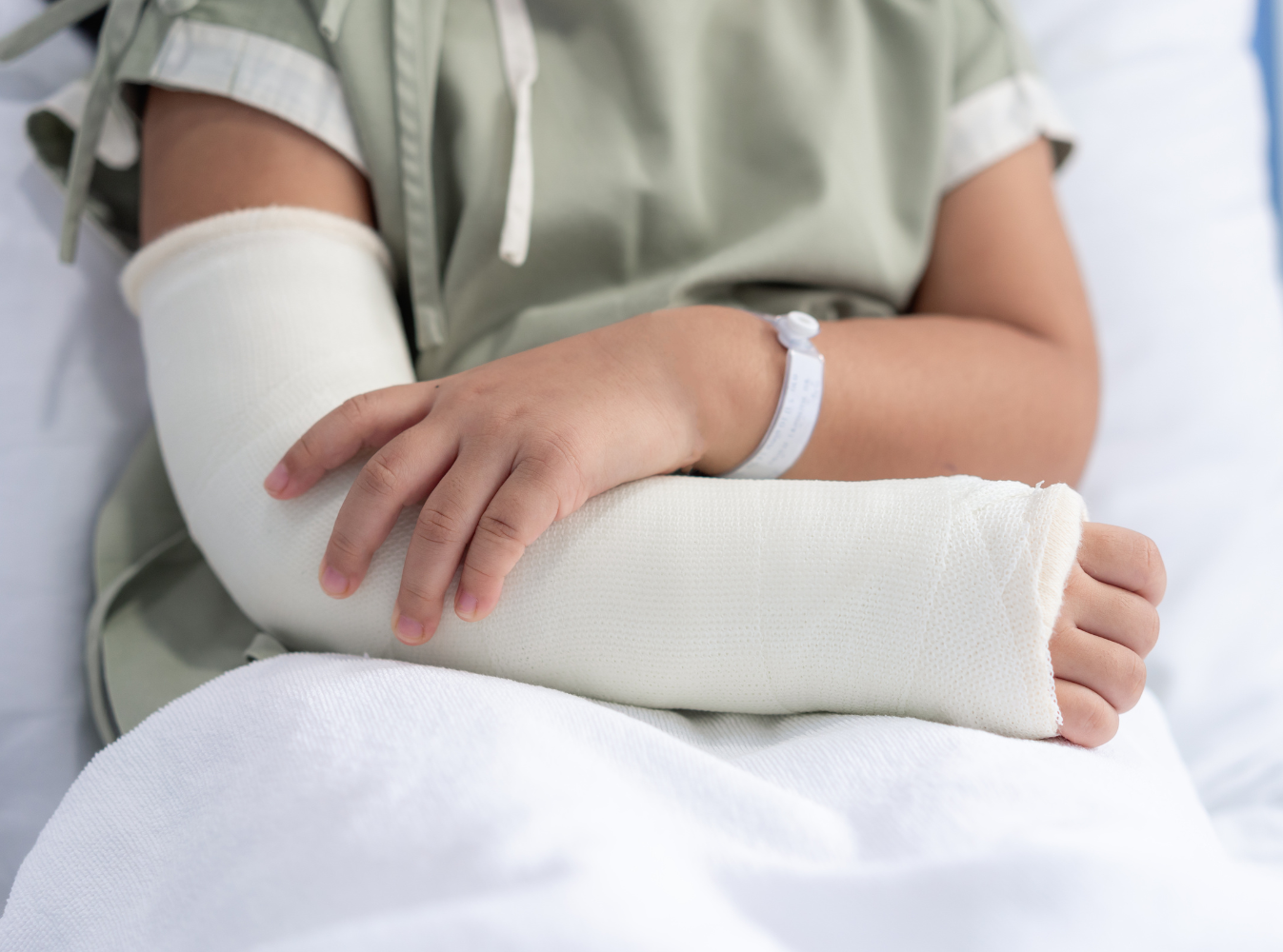A serious injury can happen in an instant. If you broke your arm in a car crash, slip and fall accident, or similar traumatic event, you’re likely dealing with not only a lot of physical pain but a great deal of stress, as well. After all, broken bones are serious injuries—they require immediate medical attention and can put you out of work for weeks or even months.
But are broken arms, or any fractures, considered catastrophic injuries? More importantly, how does having a catastrophic injury vs. a regular injury affect your potential personal injury claim?
Catastrophic injury claims are a particularly nuanced area of personal injury law. There is no set definition of a “catastrophic injury,” making it difficult to determine whether you have a typical personal injury claim or a more serious case. Each situation is unique, and the specific factors involved play a crucial role in determining whether your broken arm injury is catastrophic.
What Makes an Injury Catastrophic?
As previously mentioned, there is no specific definition of a “catastrophic injury.” Generally, a catastrophic injury is one that has significant, long-lasting effects that impair the victim’s ability to live their normal.
To that end, most broken bones are not catastrophic. This is because they typically heal entirely and, with proper treatment, have no serious lasting effects. However, a severe fracture can have life-altering consequences.
Catastrophic Broken Bone Injuries
A typical broken bone will not be a catastrophic injury on its own. However, there are some instances in which a fractured arm, leg, hip, or other bone can lead to serious, life-altering complications.
A broken arm injury may be considered catastrophic in the following circumstances:
- Compound Fractures: Also known as an open fracture, a compound fracture occurs when the bone punctures the skin. Typically, compound fractures also involve damage to the surrounding tissues, which can lead to further complications, such as infection.
- Restricted Mobility: If a broken bone restricts the victim’s mobility, they may experience a variety of related complications that could make the injury catastrophic. This might include blood clots, bedsores, and other mobility-related issues.
- Comminuted Fractures: A comminuted fracture occurs when the bone breaks into three or more pieces. These injuries are commonly associated with “crush” accidents in which the bone is crushed between two objects. Comminuted fractures are difficult to treat and may not heal completely, leading to lasting complications.
- Child Fractures: When a child suffers a broken bone that results in a growth plate injury, the results may be disfiguring. Though rare, these types of broken bone injuries are generally considered catastrophic due to their long-term effects.
- Acute Compartment Syndrome: In some cases, severe fractures can lead to acute compartment syndrome (ACS), which involves restricted blood flow due to increased pressure in the muscles. This, in turn, can lead to delayed and/or incomplete healing.
- Infections: Without proper treatment, fractures can lead to serious and even life-threatening infections. Some infections may even necessitate partial or total amputation of the limb. Experts commonly consider these as catastrophic.
What Makes Catastrophic Injury Cases Different from Other Personal Injury Claims?
While catastrophic injury cases are similar to standard personal injury claims, a few key differences set them apart. For one thing, these tend to be high-value claims. Insurance companies are even more interested in disputing or denying catastrophic injury claims than typical personal injury claims. You may face several challenges in getting compensated, from the insurance company disputing the severity of your broken bone injury to their adjusters attempting to get you to admit fault accidentally.
Catastrophic injuries also tend to require more extensive, long-term care than typical injuries. As a result, you need an attorney who knows how to argue for maximum compensation, not only for your immediate financial needs but also for your future expenses and non-economic losses.
Contact Our Personal Injury Attorneys
If you were recently involved in an accident that left you dealing with a broken arm or another type of serious injury, our catastrophic injury lawyers can help. We understand your unique challenges, and we know how to help you overcome the difficulties that still lay ahead. There are no upfront or out-of-pocket expenses when you hire our team; we only get paid if you do!
Maginnis Howard has three, conveniently-located offices across North Carolina in Raleigh, Charlotte, and Fayetteville. For more information, visit our contact page, or send a message to our Live Chat Agents.







